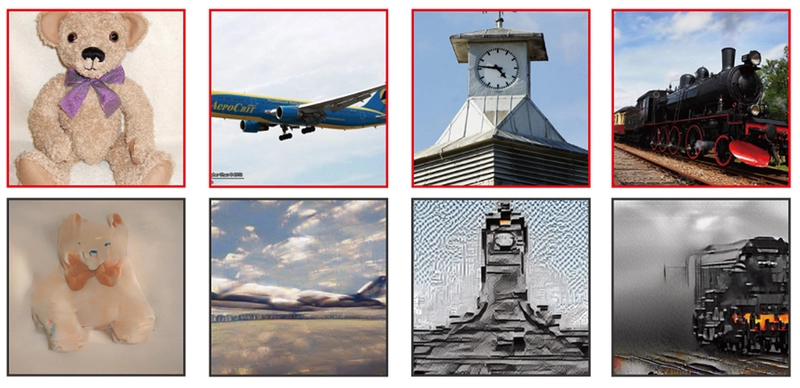🚀 Overview
As part of the Gen AI Intensive Course by Google & Kaggle, I built a PetCare AI Assistant — a conversational tool that helps pet owners get structured health advice based on their pet’s symptoms.
Rather than just prompting an LLM, I implemented a full Retrieval-Augmented Generation (RAG) pipeline using Gemini, vector search, and real veterinary PDFs. The assistant outputs actionable diagnostic advice in structured JSON format, with urgency level and recommended next steps.
💡 The Problem
Most pet owners rely on scattered or unverified sources when their pet falls ill. The goal was to build an AI assistant that could understand a pet's symptoms and generate grounded, real-time advice — powered by GenAI and veterinary documents.
✅ GenAI Capabilities Demonstrated
1.Few-shot Prompting
2.Document Understanding (PDFs)
3.Structured JSON Output
4.Retrieval-Augmented Generation (RAG)
5.Evaluation of output vs expert diagnosis
📂 Dataset & Documents
I used real-world veterinary PDFs including:
- Indian Government's Standard Treatment Guidelines (Livestock & Pets)
- BSN Medical Veterinary Case Study Booklet
- Veterinary Clinical Pathology reports (academic cases)
I extracted text using PyMuPDF, chunked it, and used semantic search with sentence-transformers.
🧠 Gemini + RAG Workflow
Here’s how it works:
- 📝 User submits a symptom query
- 📚 Most relevant document chunks are retrieved using embeddings
- 🧠 Gemini is prompted with few-shot examples + document context
- 🧾 Gemini generates a structured diagnosis like:
{
"problem_category": "health",
"preliminary_diagnosis": "Gastrointestinal upset likely due to spoiled food",
"suggested_action": "Provide hydration, switch to bland diet, consult vet if persists",
"recommended_services": ["Vet Consultation", "Diet Review"],
"urgency": "Medium"
}🔗 Kaggle Notebook Link
https://www.kaggle.com/code/shashank0907/petcare-ai-assistant
